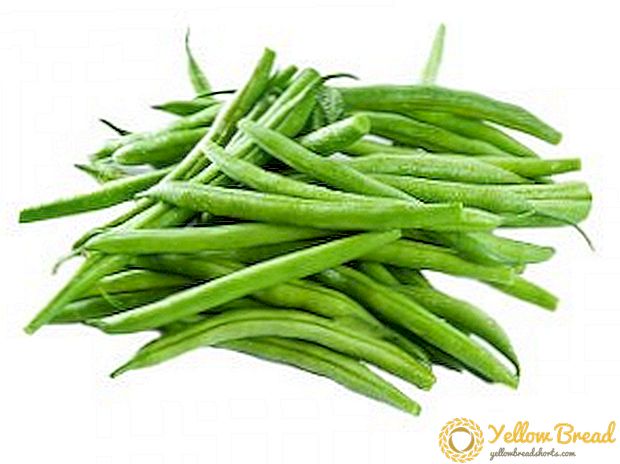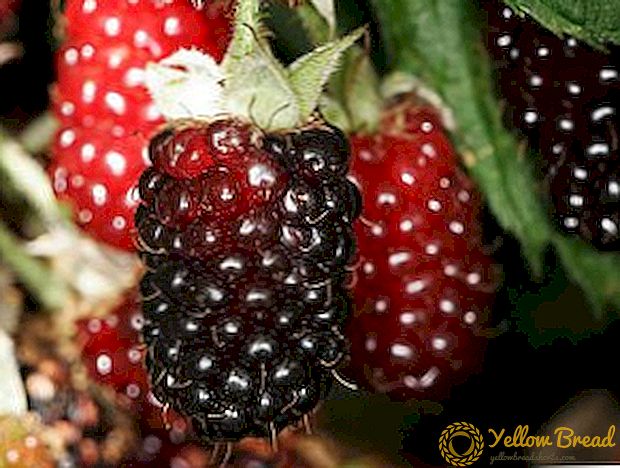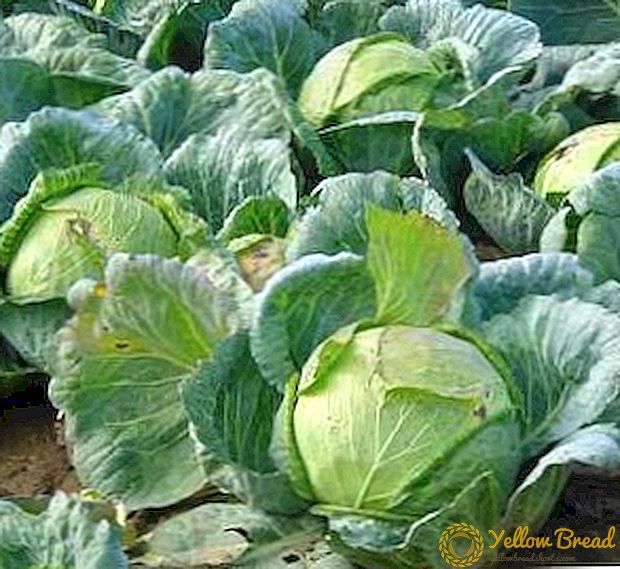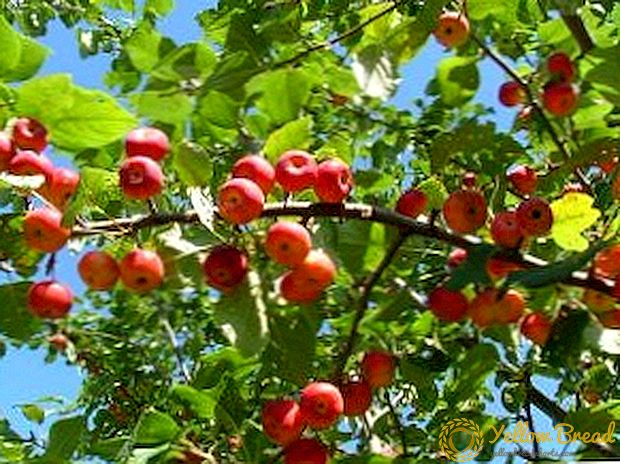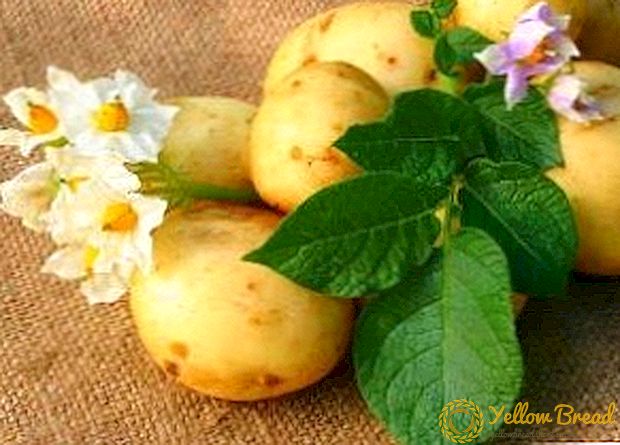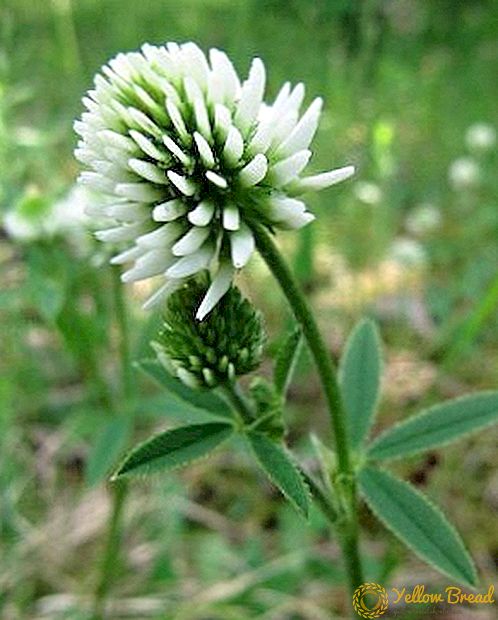 Anyone who grows plants in the garden or in the garden is familiar with green soap. This tool has long been recognized for its safety, compatibility with other plant protection products and its effectiveness.
Anyone who grows plants in the garden or in the garden is familiar with green soap. This tool has long been recognized for its safety, compatibility with other plant protection products and its effectiveness.
- Green soap: description and composition
- How does green soap
- Green soap: instructions for use
- How to apply green soap for diseases
- Protection against pests green soap
- The toxicity of green soap: whether the drug is dangerous for people
- Security measures and first aid for poisoning with green soap
- Green soap: storage conditions
Green soap: description and composition
So, what is green soap. It is a green or brownish thick liquid mixture with a smell of soap, the main ingredient of which are potassium salts of fatty acids. The mixture is not a soap in the literal sense, but has a soap adhesive basis.
The composition of the green soap includes: water, vegetable oils and animal fats, potassium salts. For the production of soap, only natural ingredients are used: cattle fats, mutton fat, oils - soybean or sunflower.
How does green soap
 For what you need green soap in the garden and in the garden - let's see how it works. After the plants have been sprayed, an environment is formed around them and on the treated surfaces, which prevents the development of parasites. Individuals that were on the plants during processing die without the ability to feed and reproduce. Why is this happening? Green soap incorporates fats and salts, which cover all processed surfaces and fabrics, including the bodies of insects, with a film. The film does not allow parasites to breathe, covering the eggs laid by them, also prevents the larvae from developing.
For what you need green soap in the garden and in the garden - let's see how it works. After the plants have been sprayed, an environment is formed around them and on the treated surfaces, which prevents the development of parasites. Individuals that were on the plants during processing die without the ability to feed and reproduce. Why is this happening? Green soap incorporates fats and salts, which cover all processed surfaces and fabrics, including the bodies of insects, with a film. The film does not allow parasites to breathe, covering the eggs laid by them, also prevents the larvae from developing.
Green garden soap is used as a prophylactic, preventing the appearance of sucking insects.
Green soap: instructions for use
Instructions for using green soap is quite simple. The prepared mixture before work needs to be shaken up. Precipitation is possible, but it is considered normal.
The emulsion is prepared as follows: 40 g of soap is stirred in a liter of boiling water, then two liters of kerosene are added to the cooled mixture, while stirring.The density of this substance is similar to sour cream. Green soap prepared in this way is used against pests according to the following instructions:
- in early spring, before the formation of buds, they are treated against the offspring of parasites, the same treatment is carried out on the threshold of winter;
- As a preventive measure against parasites, they are treated with 2-4% liquid solution; it is used against aphids and spider mites.
To process the trees, the composition is diluted with water to a twofold increase. When spraying is carried out at the height of the season, when the leaves are still green on the trees and shrubs, according to the instructions, the green soap for plants is diluted with water up to 12 times.
How to apply green soap for diseases
 To combat disease green soap is often used together with chemicals. As in this case, dilute the green soap: 100 ml of soap is added to ten liters of the solution. In many plants the surface of the leaf plate is covered with a wax coating,which prevents the penetration of fungicidal or insecticidal preparations, the soap solution helps to be absorbed by dissolving the protective wax film. Thus, the soap enhances the effect of therapeutic chemical compounds. Green soap for spraying is used with copper sulfate against fungal infections. Ten liters of water - 200 g of soap, 25 g of vitriol per two liters of water, the compositions are stirred separately and then combined, the treatment is carried out three times a month.
To combat disease green soap is often used together with chemicals. As in this case, dilute the green soap: 100 ml of soap is added to ten liters of the solution. In many plants the surface of the leaf plate is covered with a wax coating,which prevents the penetration of fungicidal or insecticidal preparations, the soap solution helps to be absorbed by dissolving the protective wax film. Thus, the soap enhances the effect of therapeutic chemical compounds. Green soap for spraying is used with copper sulfate against fungal infections. Ten liters of water - 200 g of soap, 25 g of vitriol per two liters of water, the compositions are stirred separately and then combined, the treatment is carried out three times a month.
If you pour one and a half kilograms of wood ash with ten liters of water, boil and let it settle for three hours, and then add 30 grams of soap to the mixture - you get an excellent fertilizer made from green soap for vegetables, such as cucumbers, cabbage and others.
Protection against pests green soap
As an independent remedy for pests, soap is dissolved in water: 250 ml of soap per ten liters of water. Treated in the initial stages of the lesion and as a preventive measure. The resulting solution is applied to the plant by spraying the bottom and sides.
Green soap from pests on the flowers used according to the following instructions: 200 g of soap per 10 liters of water, up to three sprays at weekly intervals.With a strong lesion solution fix the action of previously used insecticides.
The toxicity of green soap: whether the drug is dangerous for people
The drug green soap is completely safe for humans, animals and the environment. There was no poisoning or allergies. The drug is not toxic to bees and earthworms. However, green soap has a specific use on fruit bearing crops: it is desirable to treat them either before the formation of the fruit, or after harvest.
Security measures and first aid for poisoning with green soap
Despite the fact that green soap is not toxic, instructions for safe use are still there:
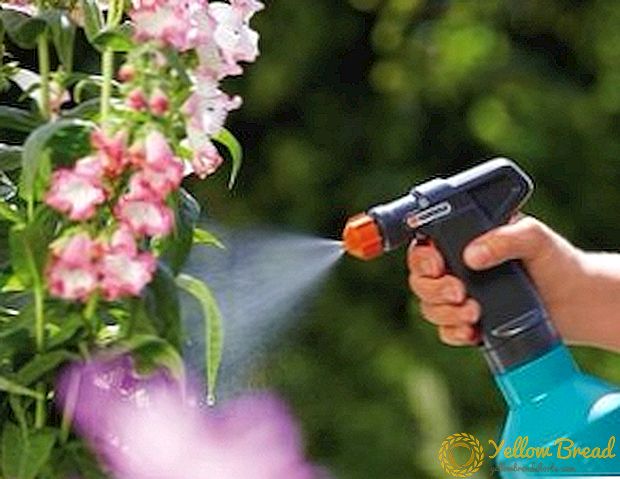 soap is used only as a spray, not for root treatments;
soap is used only as a spray, not for root treatments;- not used in everyday life (for washing);
- should work with the solution, protecting hands and eyes;
- after work all tools, tanks and apparatus must be washed;
- Do not exceed the dosage of the solution on your own; this may have an undesirable effect.Use and dilute according to the package instructions.
Green soap: storage conditions
Store the drug should be in a dark, dry room, away from drugs, animal feed and products. Green soap should not be available for children and animals. At the storage location, temperature from -10 ° C to +35 ° C is permissible. Divorced working solution is not stored. Shelf life of insecticidal soap for plants - 1-2 years.
Parasites, especially sucking, are the main cause of fungal infections. Because of their impact, the growth and development of plants slows down, if not to take measures, the plant will simply die. Insects are active throughout the summer and during the fruiting period as well, which makes it impossible to use chemical control agents.Green soap is one of the safe preparations that can help a gardener, a grower and a gardener.

 soap is used only as a spray, not for root treatments;
soap is used only as a spray, not for root treatments;